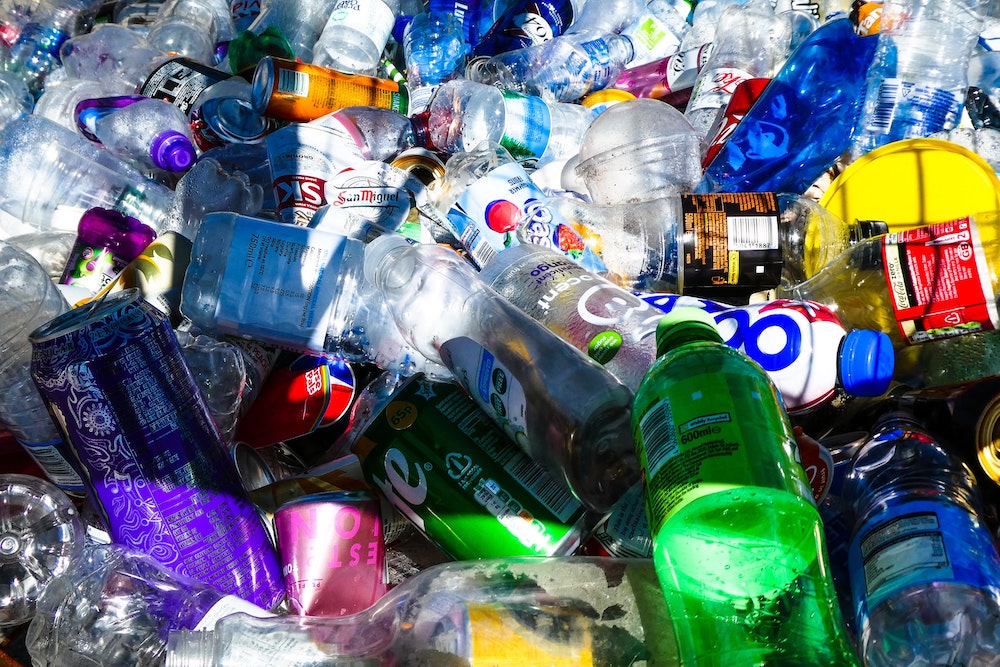The floating markets of Vietnam’s Mekong Delta have a new, high-tech neighbor: a robotic boat that gobbles up plastic bottles, wrappers, and other trash that could spill into the Pacific Ocean, taking aim at one of the world’s most pressing environmental problems.
The electric vessel joins a flotilla of similar craft making waves from Malaysia to Indonesia that have been built by the Ocean Cleanup nonprofit with cash from sources including British rock band Coldplay, drinks giant Coca-Cola, and South Korean automaker Kia. The latter says it will use plastic recovered from the sea in its manufacturing, as well as donating electric vehicles to the organization.
The Ocean Cleanup’s semi-autonomous craft, which it calls Interceptors, use solar power and suck up garbage in waterways such as Malaysia’s Klang River and Indonesia’s Cengkareng Drain.
A long barrier funnels rubbish to the mouth of the boat, where it is shifted onto a conveyor belt. An onboard computer makes sure items are evenly distributed across six bins, with sensors indicating when these are full.
The project’s flashy tech—and glitzy backing—have generated a buzz. But with a price tag of around EUR 500,000 each, are the boats really an efficient weapon in the battle to clean the world’s waterways?
Lonneke Holierhoek, the Ocean Cleanup’s science and operations director, described them as “a last resort,” a temporary fix until waste is cut through better infrastructure, recycling, and less consumption.
“We can’t be the cleaners of the rivers and oceans until eternity,” she said in a recent video interview.
But environmental action group Break Free From Plastic, which counts the brand labels on collected trash, said in a 2021 report that the Ocean Cleanup’s biggest donor, Coca-Cola, “retained its dirty crown as the world’s top polluter for the fourth year in a row.” It also criticized companies including PepsiCo, Unilever, and Nestlé, warning against big business using green projects to create a flimsy patina of environmental action.
Last month, the group highlighted Vietnam as one of the world’s top four countries polluting the oceans with plastic, thanks largely to rich nations first shipping their waste to Asia.
Coca-Cola’s distinctive bottles are regularly among the debris sucked up by the Interceptors. The company is funding a fleet of the boats to clean up 15 rivers, and says it is targeting 100% recyclable packaging by 2025. It told Nikkei Asia it is also “rethinking how we get products to consumers,” aiming for one in four of its drinks to come in refillable or returnable containers by 2030.
“We ask external stakeholders to challenge us when we get off track toward these goals,” it said. “We recognize our responsibility to help solve the global plastic packaging waste issue and this is a critical business focus for us.”
One of the 15 rivers is in Vietnam. The boat there will progress out of its pilot phase around September, with locals suggesting changes like lining its dumpsters with nets to make it easier to remove trash. The Ocean Cleanup said it will take the recommendation to places such as Malaysia.
Environmentalists have long tried to spotlight the scourge of plastic waste pouring into rivers and the sea, with some saying that overconsumption in the coming decades could leave more plastic in the oceans than fish.
For companies pretending to take action, greenwashing is not merely a public relations problem. The boss of Deutsche Bank’s DWS resigned this month after a police raid over greenwashing claims, for example, the Financial Times reported.
The Ocean Cleanup said its partners can’t just write a check to greenwash their image.
“We do need to make sure that’s not part of the game,” Holierhoek said.
“We need people to make a true contribution, to make a true commitment to change themselves,” she continued, adding that its corporate partners must put “boots on the ground” or otherwise work directly with the organization.
She called for an “upstream solution.” This could mean that industry churns out less plastic, turning to biodegradable materials instead.
And as for its pop star partners: How are Coldplay helping?
“Cool, huh?” Holierhoek replied with a laugh.
She said, after paying for one Interceptor, the musicians will promote the organization’s ultimate mission of eradicating 90% of the world’s ocean plastics. As the group says in one of its hits: This could be paradise.
This article first appeared on Nikkei Asia. It has been republished here as part of 36Kr’s ongoing partnership with Nikkei.

